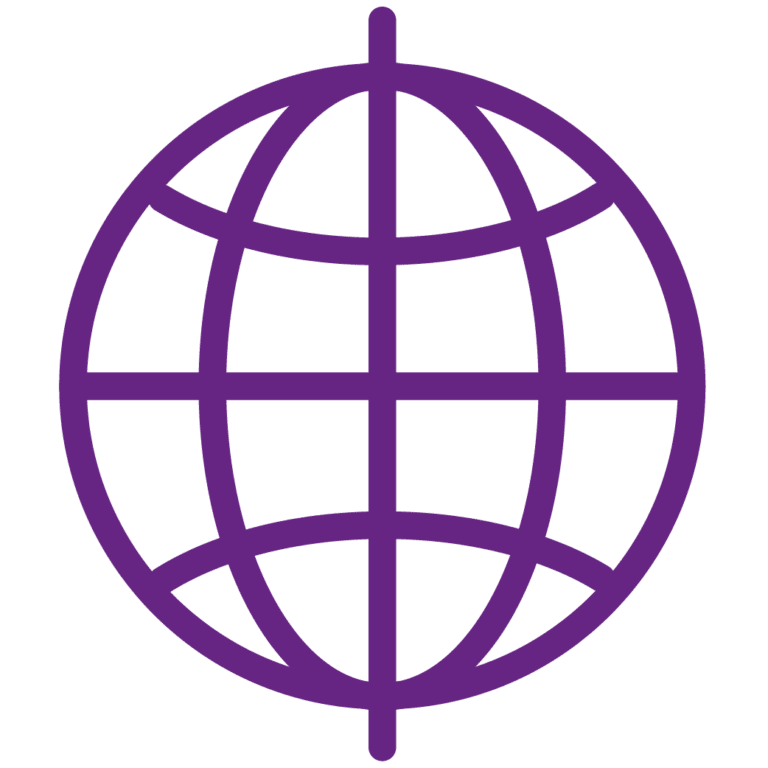An American occupied former Spanish colony, the Philippines formally gained independence in 1946, after World War II. From 1965 to 1986, the country was under the dictatorial regime of President Ferdinand Marcos, which was mired in allegations of corruption. This two-decade dictatorship ushered in economic devastation, an inflation crisis and ballooning foreign debt. Wealth became extremely concentrated in the hands of a minority while large proportions of the population suffered extreme poverty. Martial law facilitated the use of excessive force; widespread human rights abuses; and the oppression of minorities, opposition members, suspected communists and ordinary citizens.
In February 1986 thousands of street protestors ousted Marcos in what came to be knowns as the People Power Revolution. Despite his father’s legacy, Marcos Jr. (aka Bongbong) was elected 17th President of the Philippines by an overwhelming majority in the May 2022 elections. He replaced the controversial populist, Rodrigo Duterte, whose “war on drugs” had claimed 12,000 to 30,000 lives since his election in 2016. A preliminary investigation into these fatalities was authorized by the International Criminal Court (ICC) in September 2021. Unsatisfied with the Philippine government’s submissions, a pretrial chamber of the ICC granted the prosecutor’s request to investigate crimes against humanity in January 2023. The ICC retains valid jurisdiction over the matter, because although the Philippines had withdrawn from it in 2019, it was a member of the ICC at the time in question.
The Philippines has been caught up in two major armed conflicts in recent decades, one in Mindanao against the Islamist Moro Liberation Front, and another involving the National Democratic Front, a nationwide communist insurgency. Yet, the country boasts a vibrant civil society, as exemplified by the journalist Maria Ressa. For documenting ex-president Duterte’s atrocities on her digital platform, she won the 2021 Nobel Peace Prize.








Until East Timor’s independence in 2002, the Philippines had been Asia’s only Catholic-majority country. It is the fifth poorest nation in Southeast Asia and the nation facing world’s highest level of risk for disasters. Development and Peace ― Caritas Canada has been involved in development work in the Philippines for over 40 years.
Our involvement in the Philippines began with our membership in the Asia Partnership for Human Development (APHD). Founded in 1973, the APHD comprised 23 Catholic development organizations from Asia, Europe, Canada, Australia and New Zealand that pooled resources to support development programs in Southeast Asia. With the lifting of martial law and the downfall of the Marcos regime, Development and Peace ― Caritas Canada began developing direct partnerships to provide solidarity support to Philippine organizations.
Our programming focused on:
More recently, working with four Francesco Consortium partners, we supported the survivors of Super Typhoon Haiyan (Yolanda) by establishing the Pope Francis Village Owners Association. This initiative resulted in the creation of an entirely new village and the development of a resilient, self-reliant and organized community. This process was the subject of the award-winning documentary, After the Storm: Building the Pope Francis Village.
Since 1970, Development and Peace ― Caritas Canada has worked with a partner that uses community organizing to create popular, democratic, and non-violent mass organizations across the country. These organizations empower impoverished people to develop, lobby for, and implement strategies to reclaim their rights and to improve their lot through, for example, advocacy and action on access to land, amending legislation, appropriate relocations and improving people’s quality of life.
This partner helps impoverished communities assess their situation, craft their own solutions and act to improve their lives and those of their neighbours. It equips people to live together in peace, to assist and learn from one another and to develop local solutions to their problems. These can include disaster preparedness measures, urban agriculture, water access and management, microfinance, alternative strategies, preventing evictions, and the provision of professional support, often pro bono, to assist people with these processes. Such organizing helps communities become more confident and capable as they grow from grassroots organizations with as few as 100 members to larger-scale associations and federations. Over the years, this process has produced leaders who are respected by government and civil society alike for their understanding of issues and their capacity to represent their people’s views.
Two post-Haiyan reconstruction projects are currently in development. Discussions are also underway for supporting a community peacebuilding project.
Filmed over a period of three years, this 47-minute documentary by Development and Peace – Caritas Canada,
s an inspiring journey that follows poor coastal communities in the Philippines who lost everything to Super Typhoon Haiyan. When local organizations supported by Development and Peace –Caritas Canada arrive to work alongside these communities, they are confronted by survivors who are dispossessed, living in tents, dependent on aid, and facing eviction from the land they have always known.
But what happens when you bring the people together? When they are given a voice and a chance to be heard? When they know how to take action?
Find out in After the Storm, as Development and Peace works with 550 families to transform a piece of land into new homes, a new community, and new lives.
Our documentary received the 2019 Award of Excellence for an audiovisual production from the Association of Catholic and Ecumenical Media (AMéCO).
If you enjoyed the movie, share it with others by inviting friends and family to watch it or organize a screening in your community. You can also organize a fundraising event using the film! Here are some resources to help you organize your screening.
Contact one of our regional offices if you have questions, would like more information about organizing an event using the film, or would like to know more about the work of Development and Peace.
About us
Our work
Get involved
Ways to give
Resources
Get in touch
555 René-Lévesque Blvd. West, 8th Floor
Montreal (Quebec) Canada H2Z 1B1
Phone: 514-257-8711
Toll-free: 1-888-234-8533
Fax: 514-257-8497
Email: info@devp.org
Charity number: 1 1882 9902 RR 0001


Our international cooperation program is carried out in part with the financial support of the Government of Canada acting through Global Affairs Canada.
Development and Peace — Caritas Canada is the official international solidarity organization of the Catholic Church in Canada and the Canadian member of Caritas Internationalis.
Copyrights © 2024
Don’t miss anything about the work of our international partners or our awareness and mobilization campaigns.
Sign up now for our newsletter.